In the world of equines it is understood that there are a wide variety of horse breeds, however within the horse world (and even some breeds) there are a number of types.
The List
Not all of the types listed below are officially recognized and some of them overlap. However they are used within the various industries in the horse world and are a different way of categorizing the equine animal.
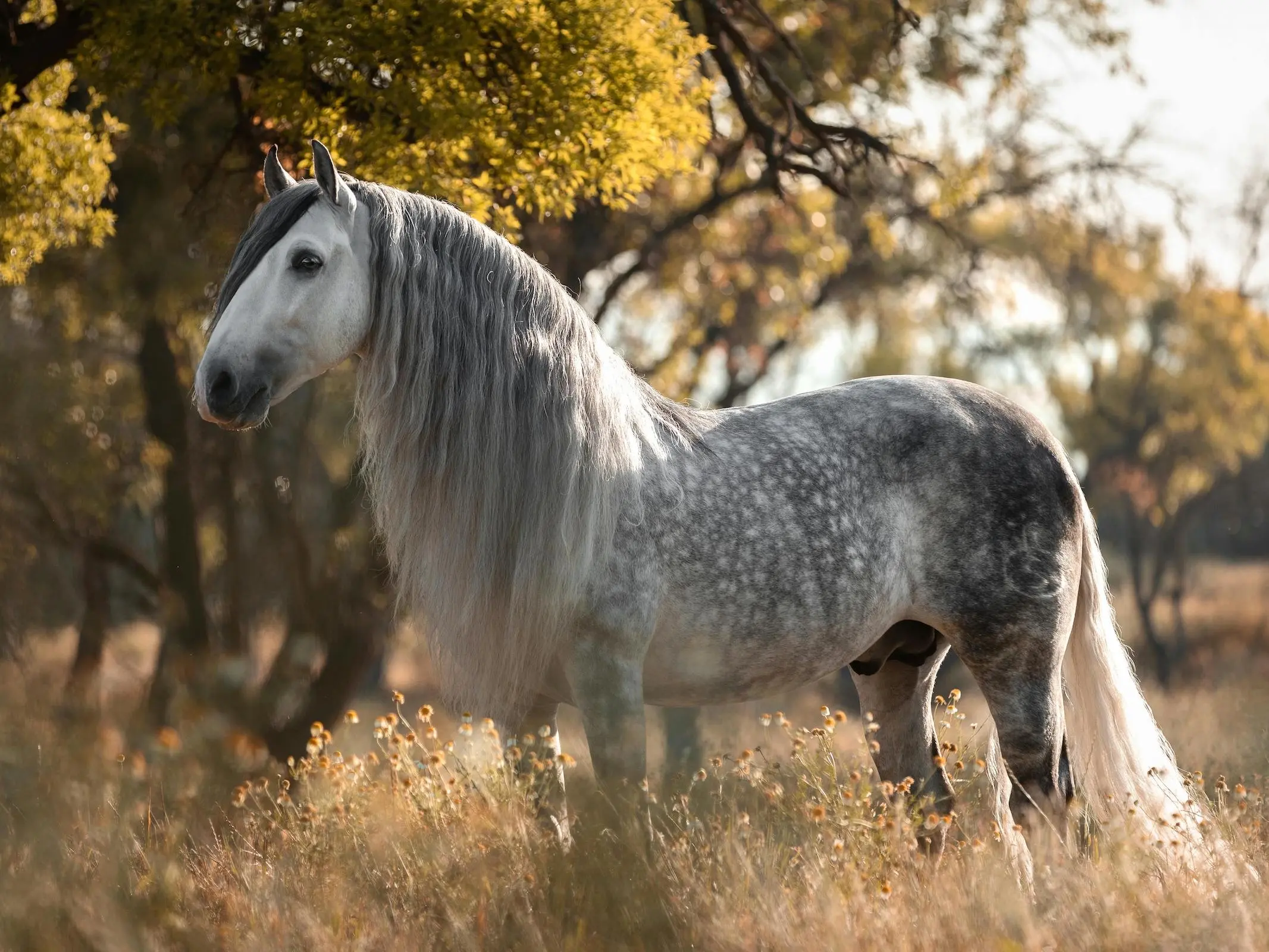
Baroque Horses
Baroque animals tend to be handsome and showy, often with high action and arched necks. Almost all animals considered Baroque in type come from Iberian bloodlines and breeds include Andalusian, Lipizzan, Lusitano and Friesians.
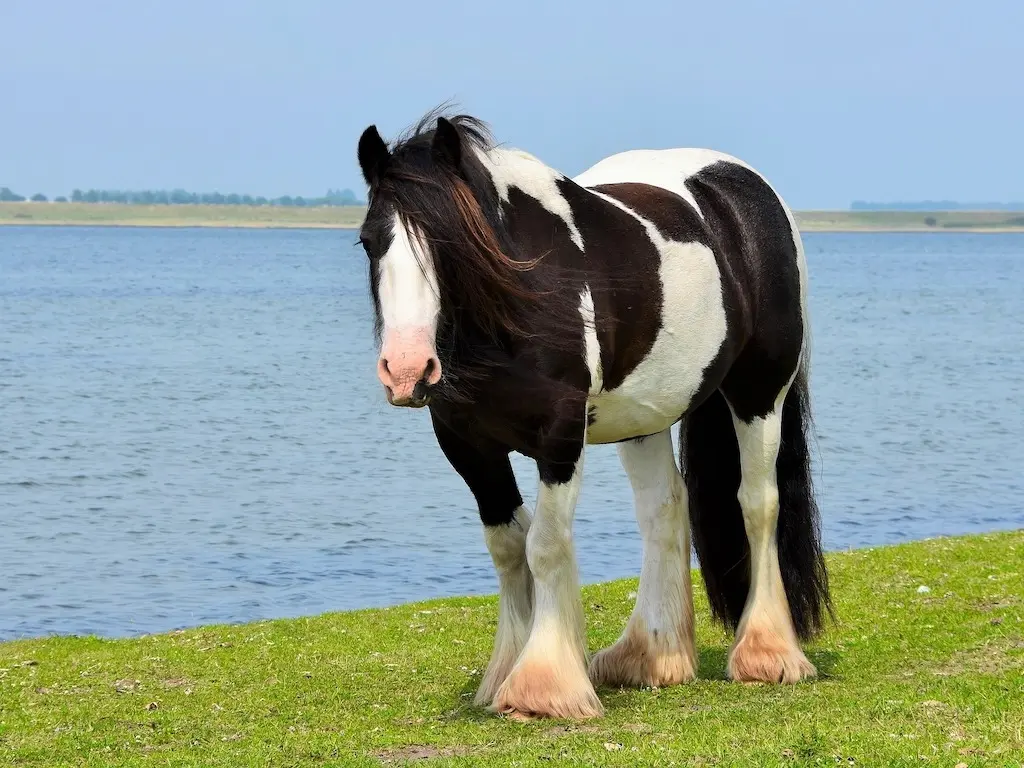
Cob Horses
A large draft type pony, the cob is robustly built and quite handsome. Although often associated with driving carts, cobs have several different types in showing environments. Some breed examples include the Welsh Pony Cob Type, the Gypsy Vanner and the Norman Cob.
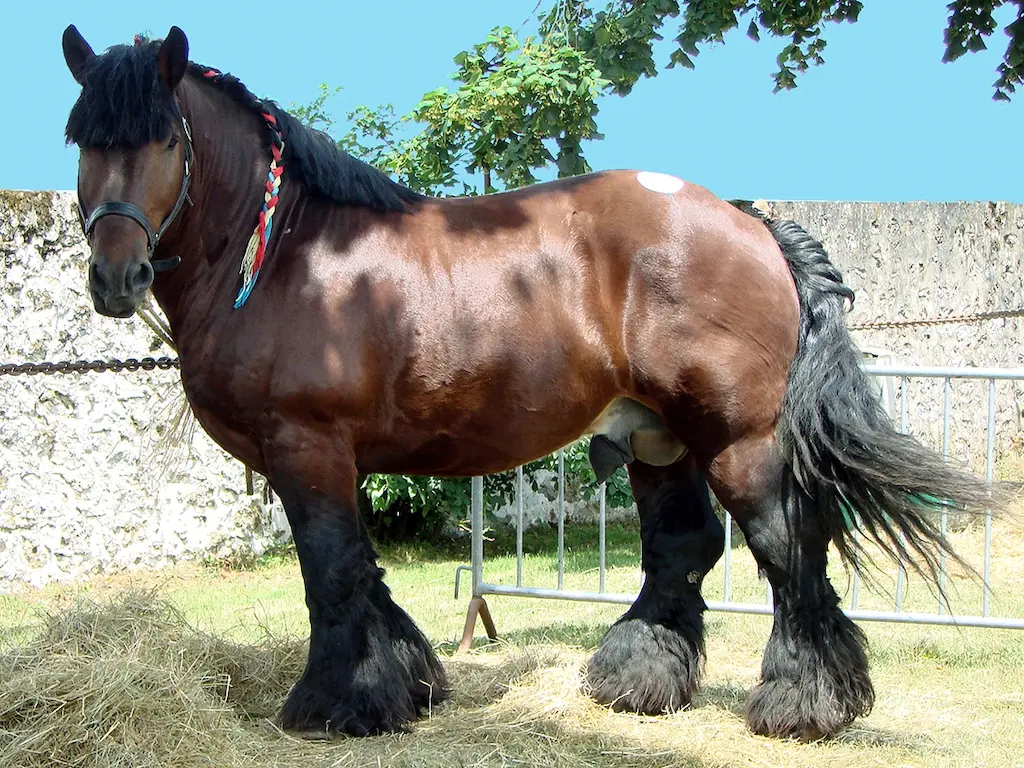
Draft or Coldblooded Horses
Coldblooded animals are larger, draft breeds who possess immense strength and robust size. Draft animals come from ancient European breeds used for agriculture or war mounts and include Clydesdale, Percheron, Belgian Draft and Ardennes.
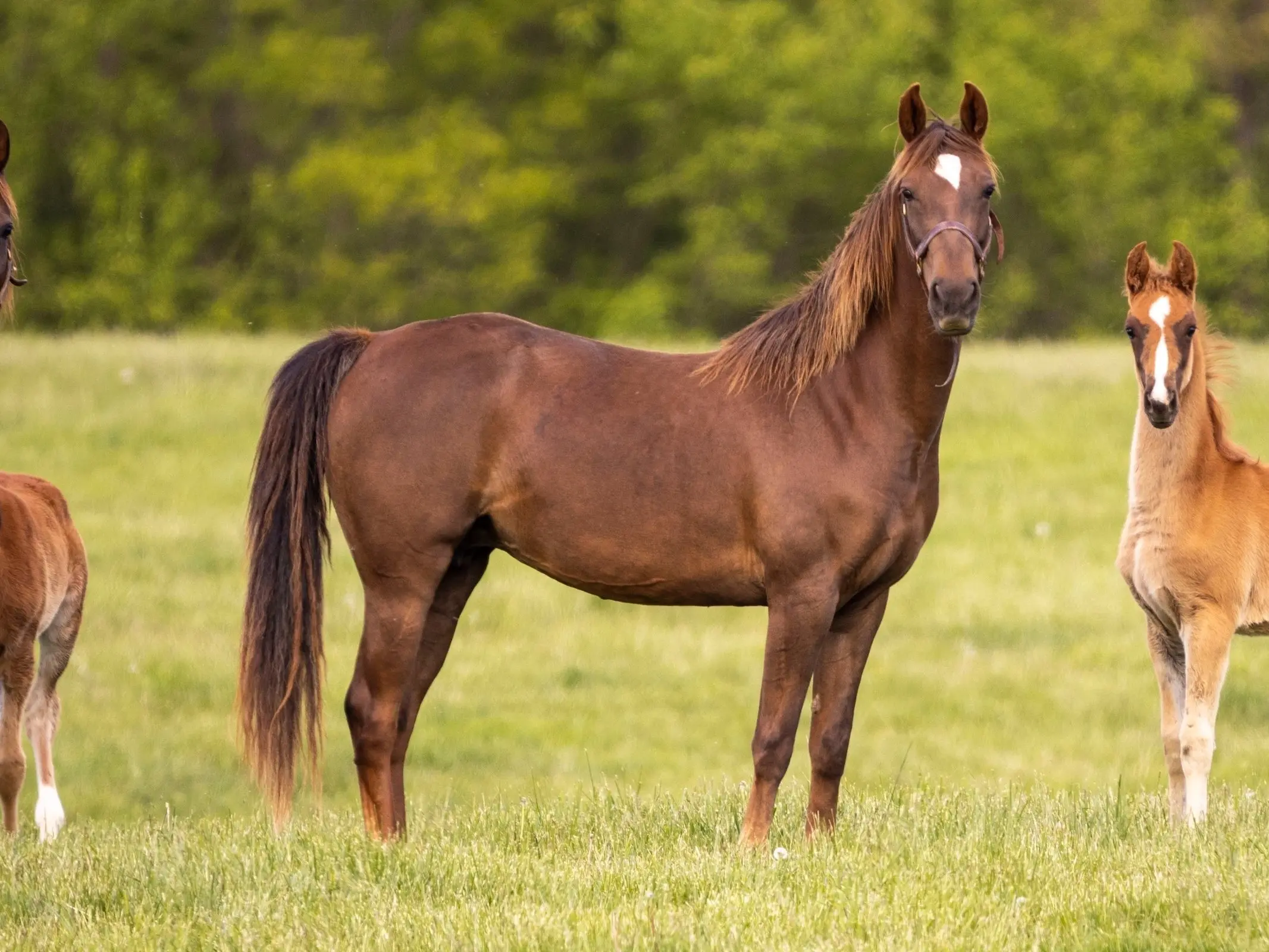
Gaited Horses
Gaited animals come in all shapes/ sizes and most likely originated with the Iberian animals. These breeds are known for their smooth, ridable gaits, handsome demeanor and include American Saddlebred, Bashkir, Icelandic Horse and Paso Fino.
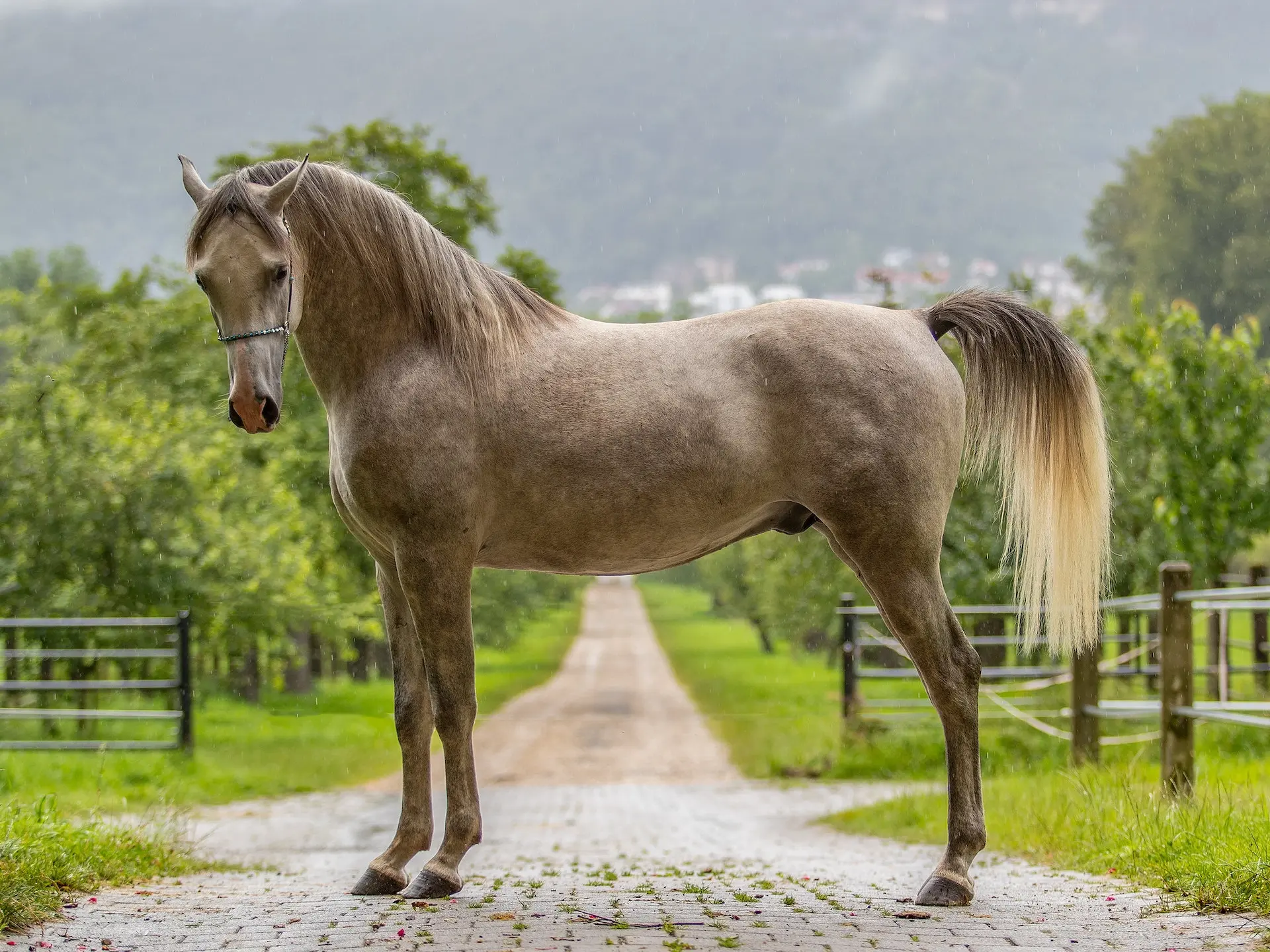
Hotblooded Horses
The term Hotblooded does not have anything to do with temperament, it is descriptive of smaller, leaner animals with thin coats. These breeds often come from the desert and include Akhal-Teke, Arabian, Barb and Thoroughbreds.
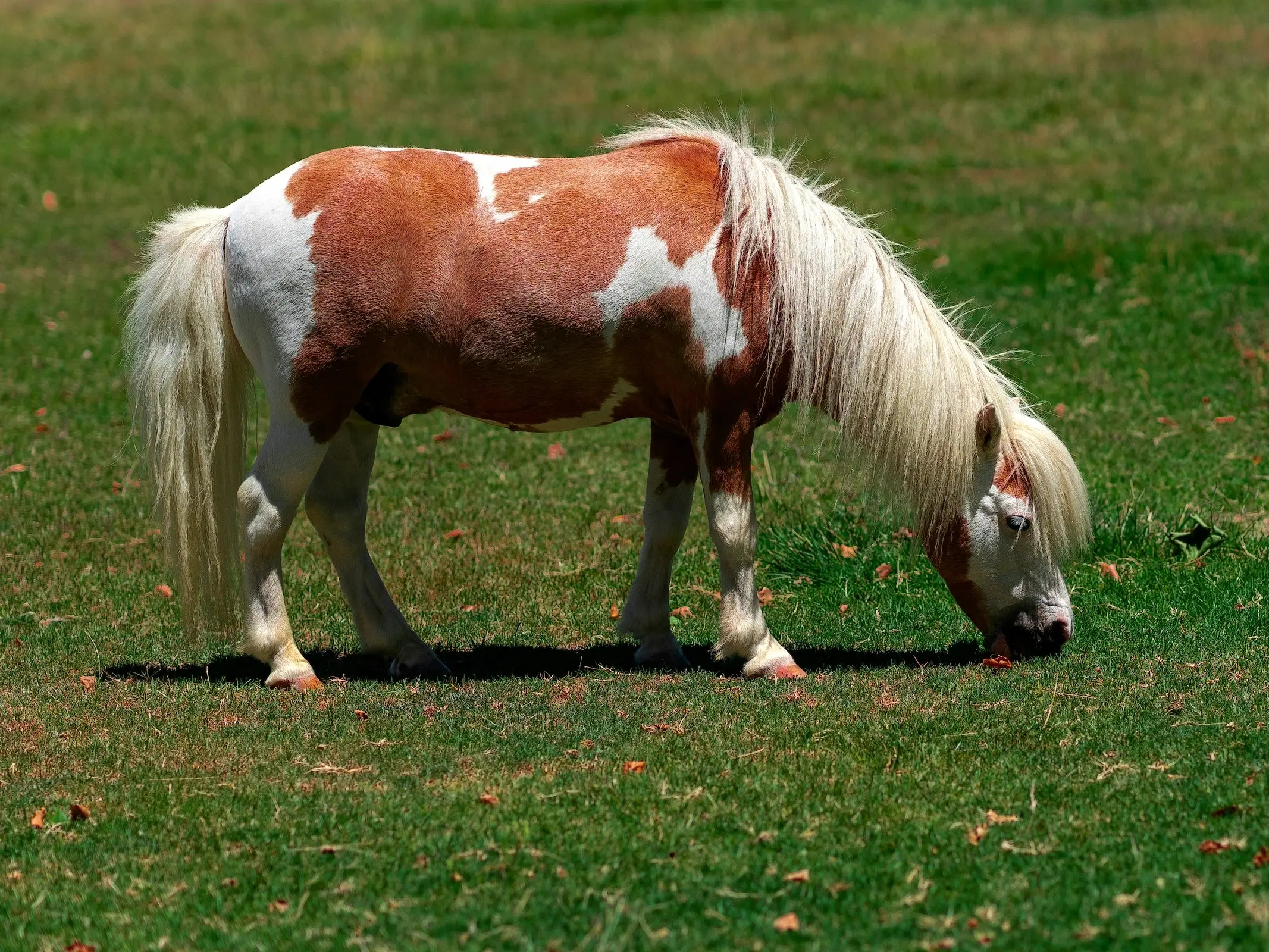
Miniature Horses
Miniature horses are pony size in stature but retain horse-like characteristics, making them literally miniature horses. In many cases mini’s are man made breeds, like the American Miniature however there are a few naturally occurring small animals with horse features including the Caspian and Falabella.
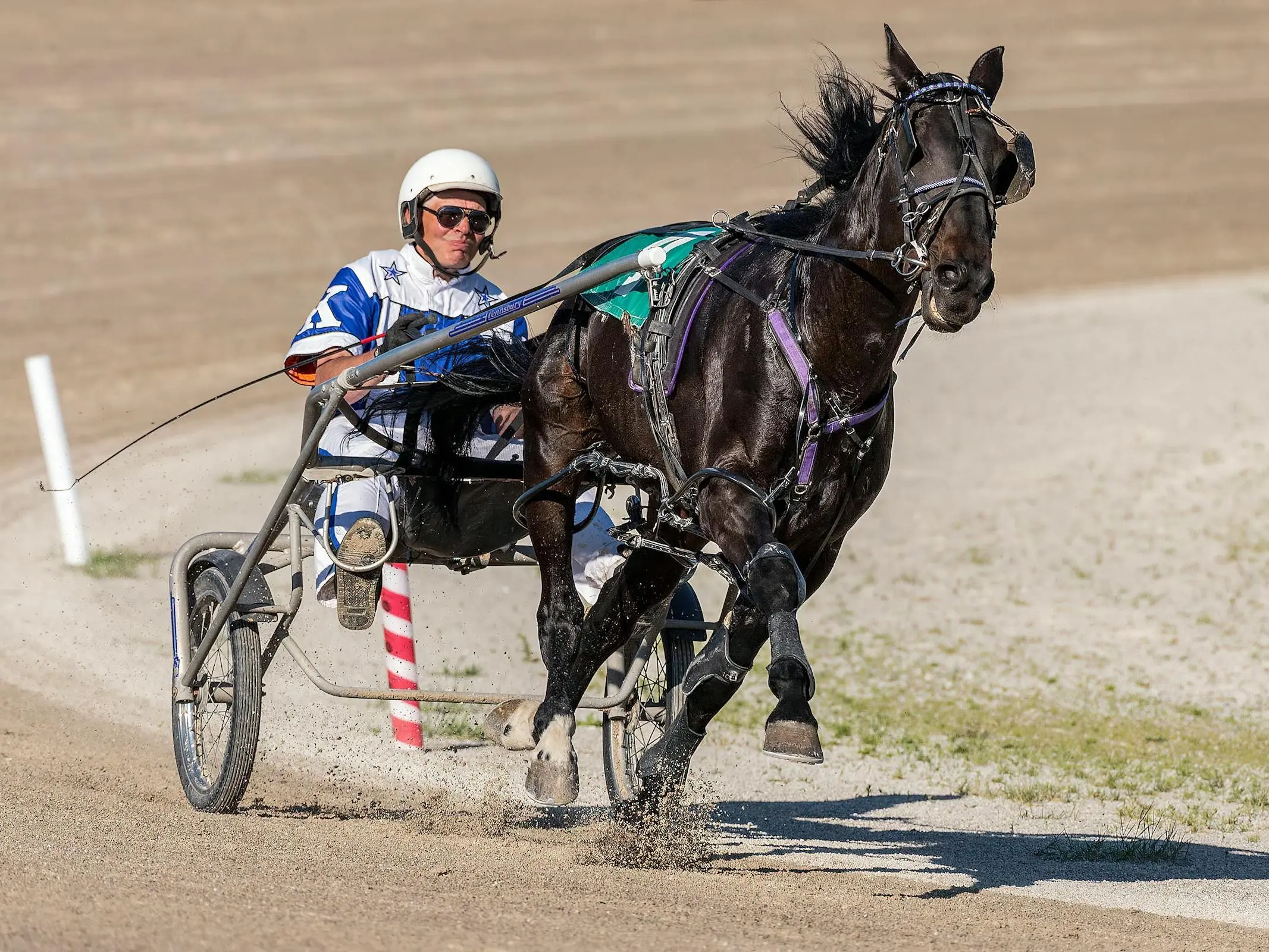
Pacers
Pacers occur in several different breeds and are generally used for racing. They are fast and move with a lateral two beat gait. This is a natural gait and many breeds prefer it to trotting, including the Canadian Pacer, Narragansett Pacer, Kathiawari and Standardbred.
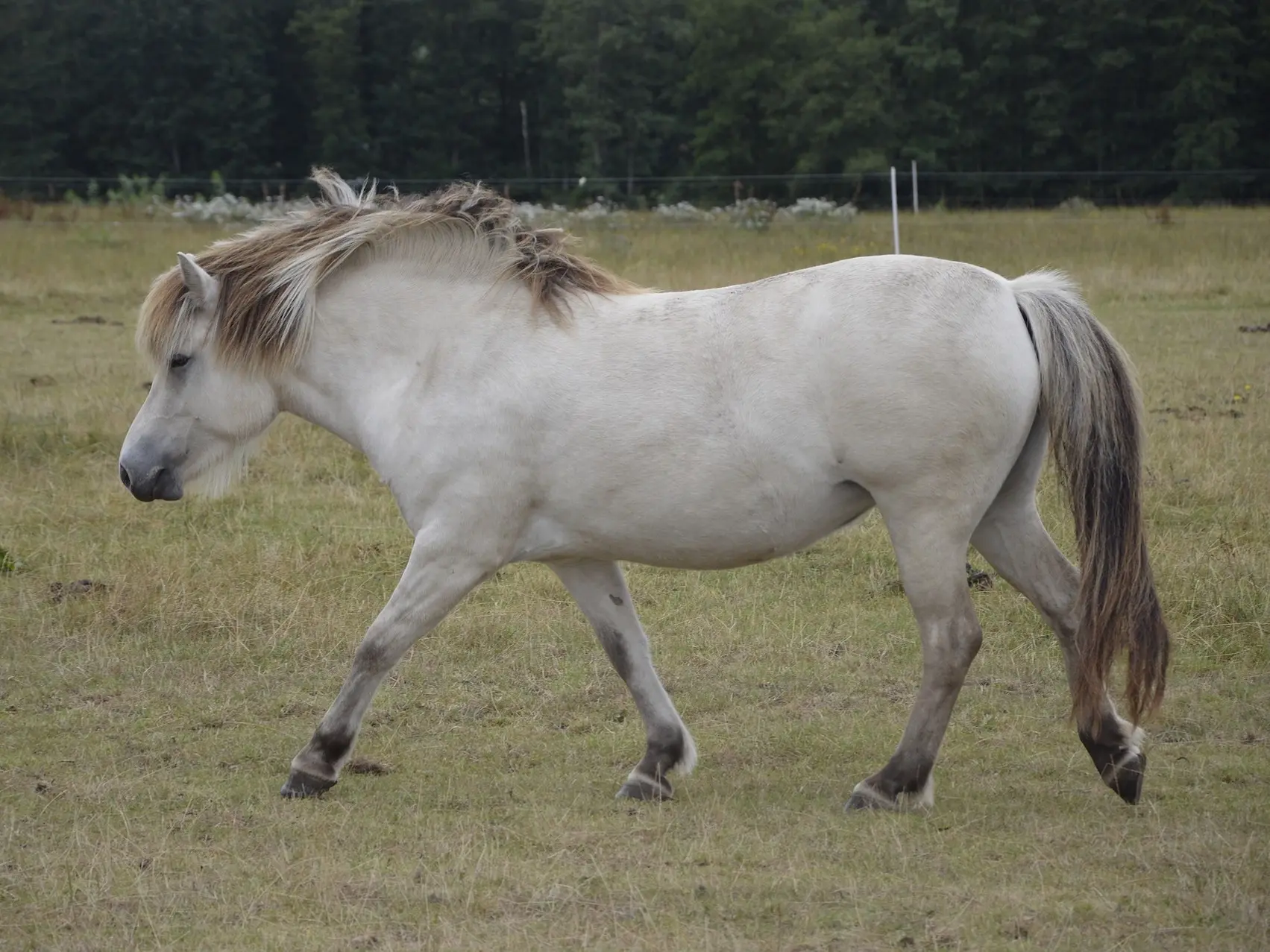
Ponies
Ponies are all small in stature and tend to have rounded bodies, relatively short legs, specialized joints and molars (that’s just a few characteristics). The confirmation of ponies will vary considerably as there are a wide variety of pony breeds including the Anadolu Pony, Connemara Pony, Java Pony and Padang Pony.
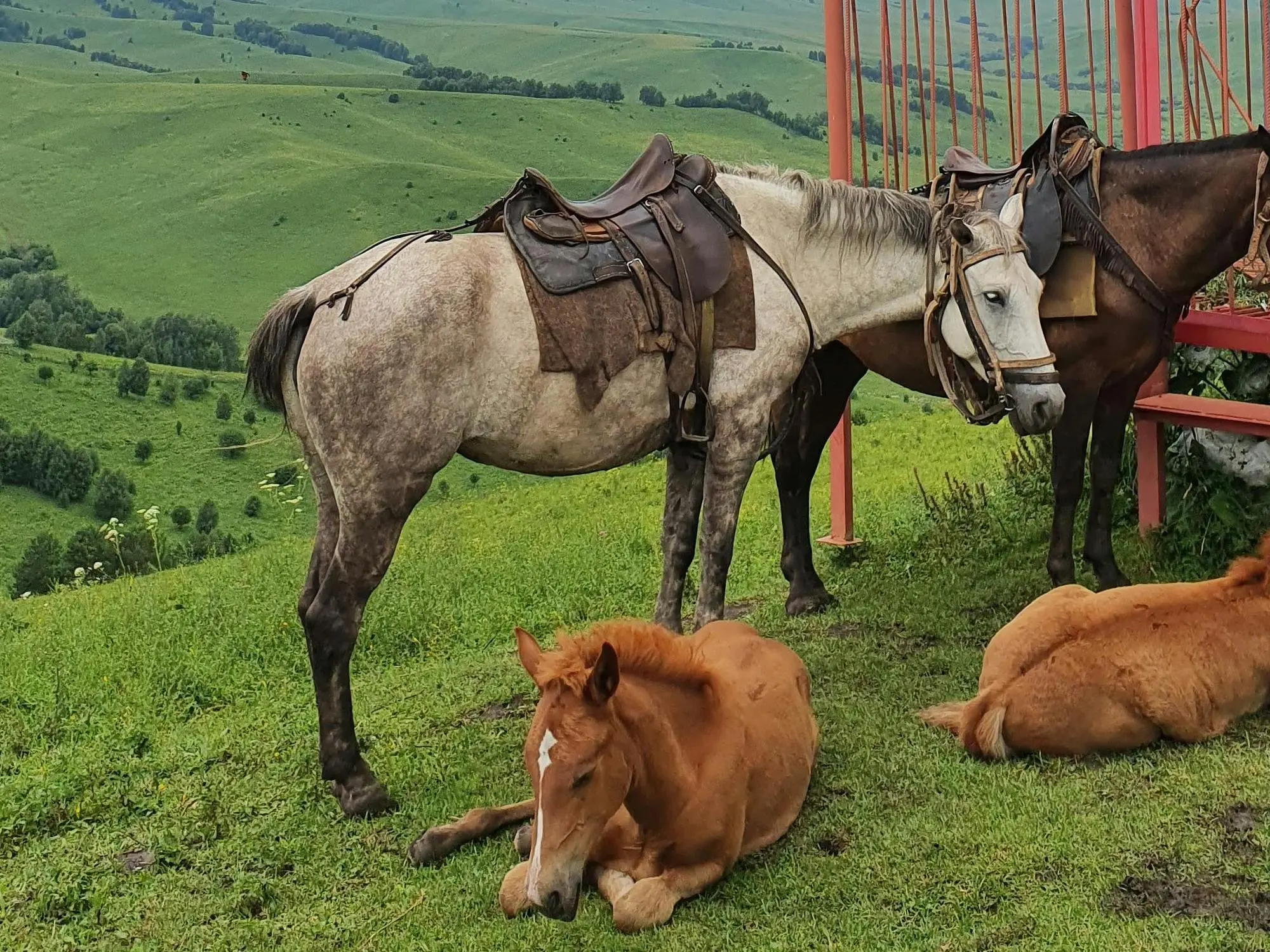
Riding Horses
Riding horses aren’t a specific type per se, but they deserve a mention nonetheless because this has long been a popular mount. Riding animals are bred specifically for their mild temperament, comfortable ride and include the Russian Riding, Selle Francais, Romanian Saddle Horse and Irish Hobby Horses.
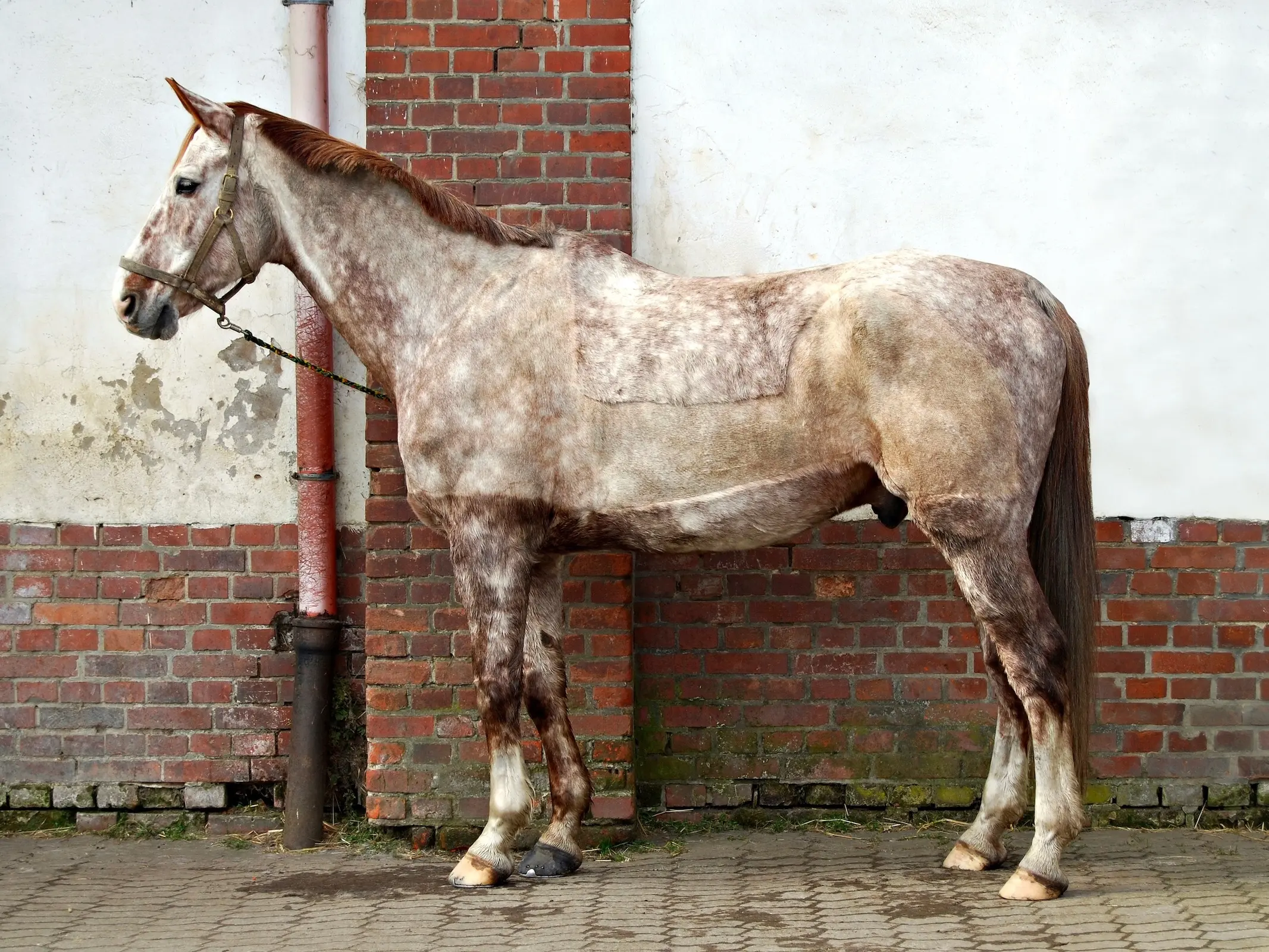
Sport Horses
Sport Horses have gained popularity in recent years and are generally used for eventing, competition or showing. These animals tend to be large, athletic, intelligent and include the likes of the Brazilian Sport Horse, Canadian Sport Horse, Irish Sport Horse and Belgian Sport Horse.
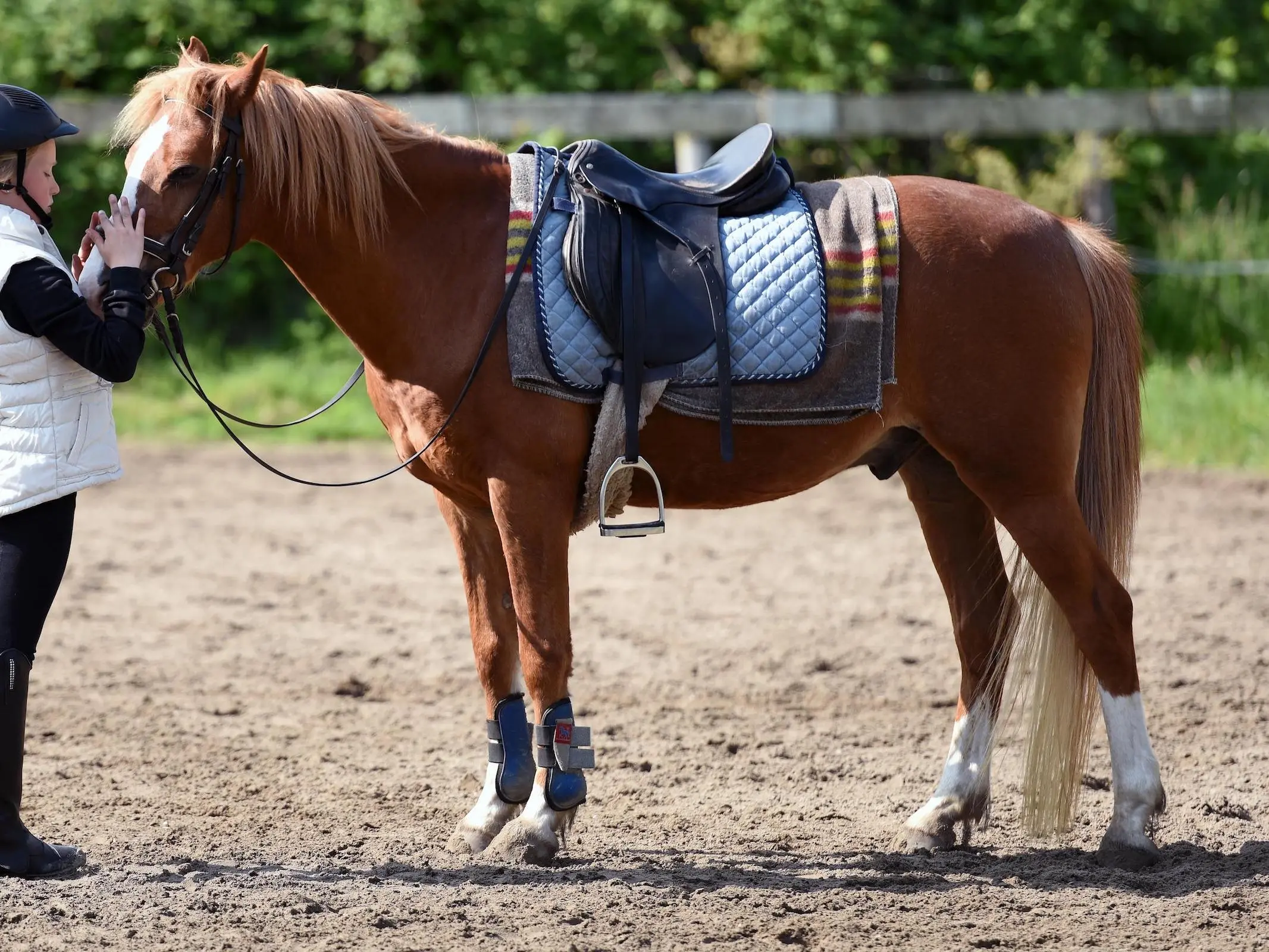
Sport Ponies
Under the same vein as the Sport Horses, the Sport Ponies are mainly used in the show ring & can be found in various disciplines. These breeds generally display more horse-like characteristics & include the Danish Sport Pony, American Sport Pony, British Riding Pony & German Riding Ponies.
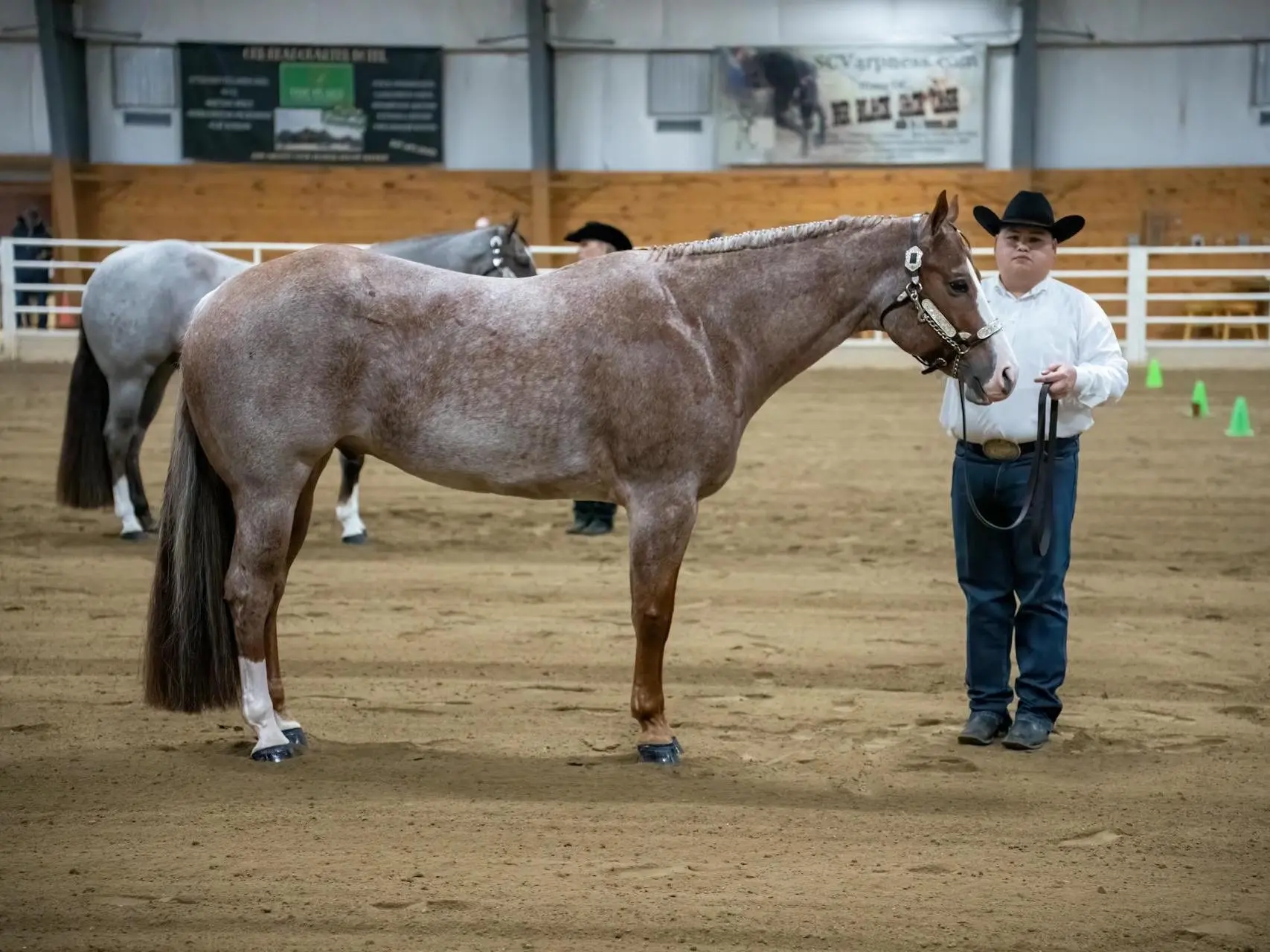
Stock Horses
Stock Horses serve a specific purpose & are built to show it. They are shorter, stockier animals who often have heavy hindquarters. They are generally used to work cattle & various other ranch or farm tasks, some stock breeds are the Quarter Horse, Australian Stock Horse, Florida Cracker Horse & Canadian Cutting Horses.
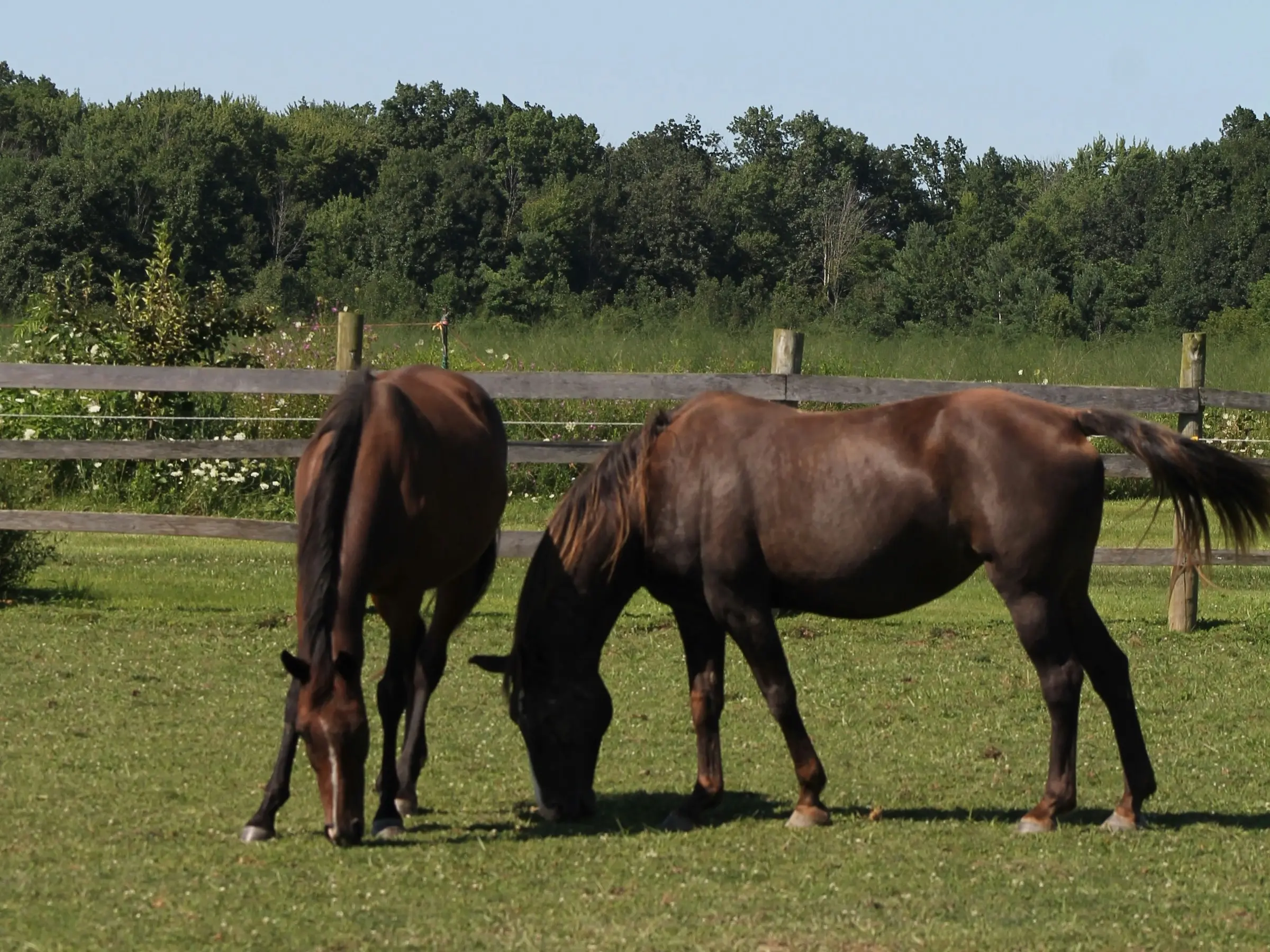
Stock Ponies
Stock Ponies serve much the same purpose as Stock Horses but for smaller cattle and a wider variety of work tasks. Built in a similar manner, these breeds are squat, stocky and built to work. Stock pony breeds include the Quarter Pony, Dulmen Pony, Galiceno and Lac la Croix Ponies.
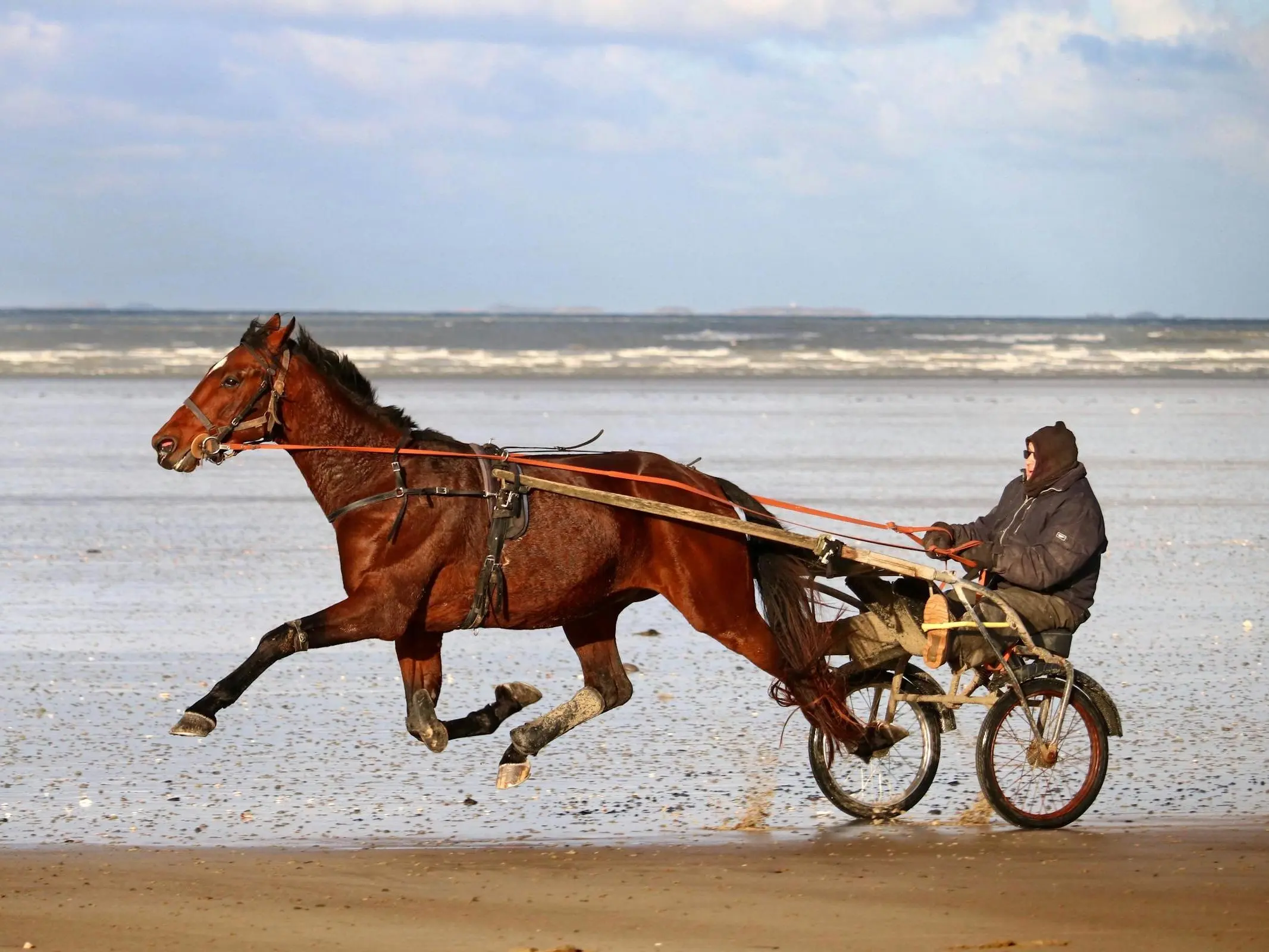
Trotters
Most harness racing is run by trotters who are built long/ lean and can trot at high speeds. These tend to be rangy, robust animals and there are are both warm & cold blooded trotting breeds including Dole, Italian Trotter, Russian Trotter and Orlov Trotters.
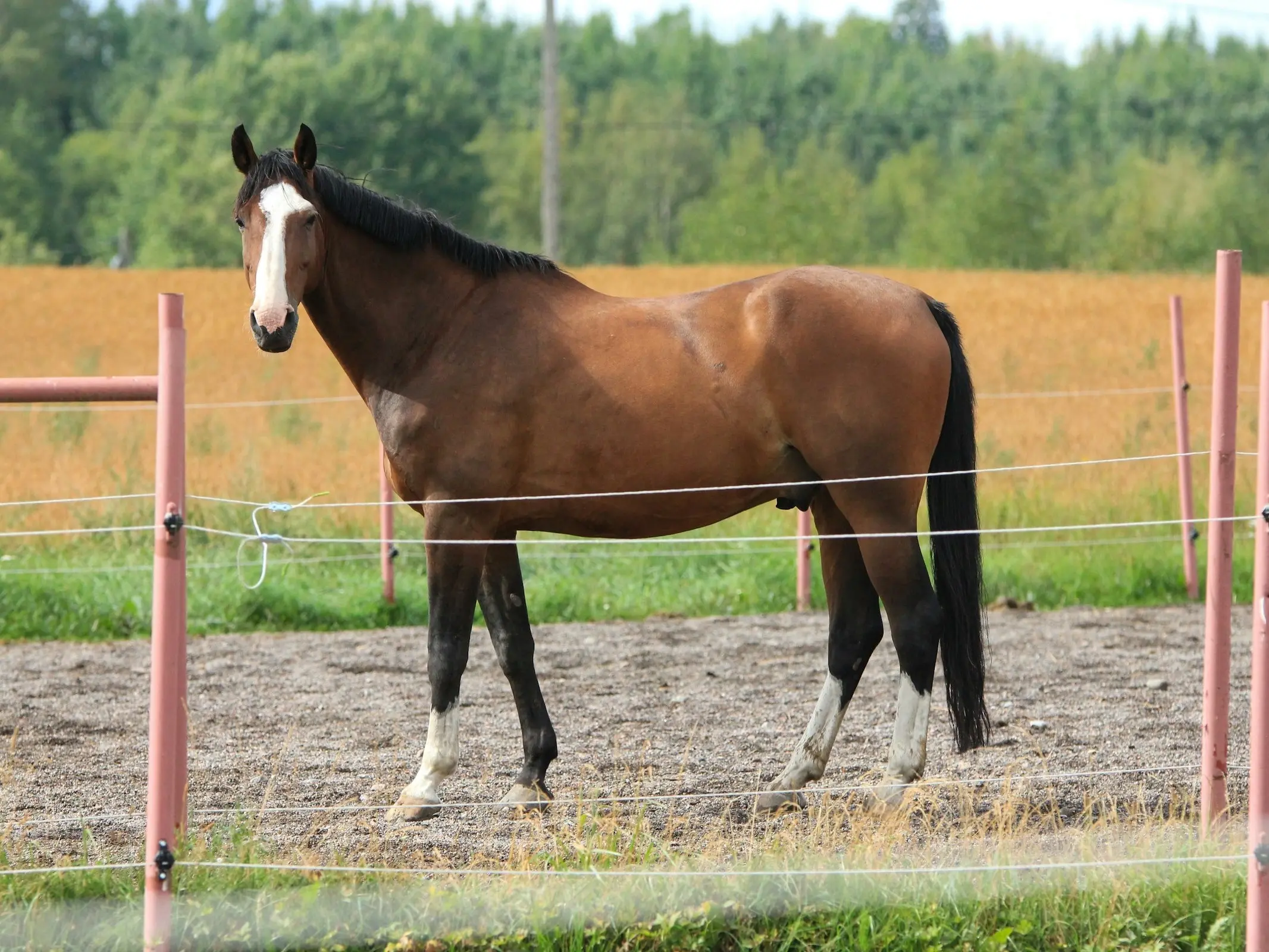
Warmblood Horses
Warmblood horses are in many cases saddle or riding horses whose development changed as equestrian sporting grew in popularity. These animals tend to be robust, athletic abd mild mannered – often registered based on movement, temperament and ability. Warmblood breeds include the Dutch Warmblood, Holsteiner, Hanoverian and Belgian Warmblood Horses.
Are There More?
This is the longest list of horse types we could find, but if anyone has a type to add we’d love to hear it. Be sure to check out the Breeds section to learn more about all horse types.
Cobs?
How about Pasture Ornaments, Cash Converters (dollars to poop…), oh, I could go on but I will stop there :).
Feral Horses
Wild Horses
the Falabella was a miniature horse breed developed by the Falabella family of south america.
the caspian is not a miniature, it is a small horse about the size of a small pony.
oh lordy i’m giving away my entire book!
Hotbloods does in a way refer to temperament as well. Yes not all hotbloods tend to be aggressive, I ride a few thoroughbreds that has a very docile and trusting personality. Hotbloods has influence on temperament. Hotbloods are highly strung, strong, excited, frisky, and/or “hot” meaning they are easily trainable, they are focused, intelligent, easy of the leg/forward going (not lazy animals), “hot” (meaning they like fast gates) etc. So yes that is why hotbloods and warmbloods are great, agile performance horses. You won’t see a coldblood participating in a discipline such as endurance, show jumping, eventing and so. It also has influence on the horses’ external features. Hotbloods are refined breeds, where coldbloods are stocky, robust breeds. Coldbloods such as the clydesdale are know as gentle giants. You rarely (may never) see a coldblood with the temperamental features of a hotblood. And you would rarely see a hotblood with temperamental features of a coldblood. So my opinion, I beg to differ, but being hotblooded or colblooded is a genetic feature an does have influence on a horse or breed temperament wise. You won’t get lazy hotbloods and you won’t get “hot” coldbloods.
did you know that ragweed is a toxic plant to all horses?